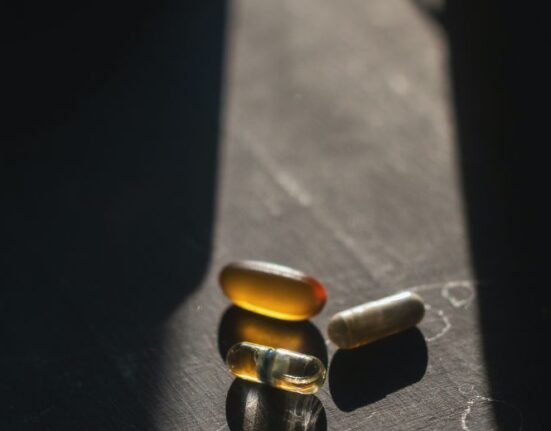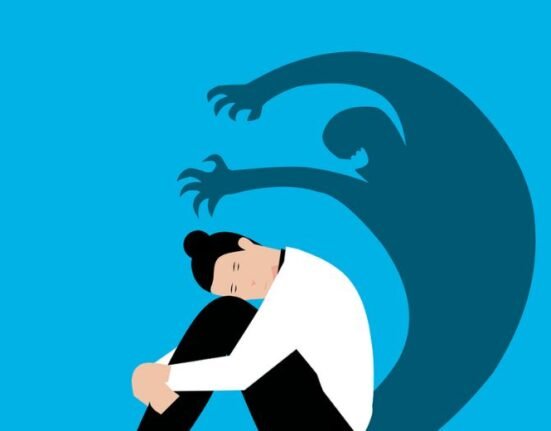HQ Team
January 20, 2024: Energy drinks have become increasingly popular among teenagers, with over 30% of teens aged 12–17 regularly consuming these beverages. However, a recent systematic review, analyzing 57 studies from 2016 to 2022, raises concerns about the potential dangers associated with excessive energy drink use.
Disturbing trends
Male teens outpace females in energy drink consumption, according to the study. Furthermore, the review found a disturbing link between energy drink consumption and harmful behaviors such as smoking, alcohol, and drug use. It also causes various health issues, including short sleep duration, poor sleep quality, low academic performance, increased suicide risk, psychological distress, ADHD symptoms, depression, panic, and anxiety disorders.
Energy drink dangers
Energy drinks, loaded with caffeine beyond recommended adult doses, are often marketed to young people. Despite FDA concerns raised in July 2023, no restrictions or bans have been imposed on popular energy drinks like Prime Energy. This particular brand contains as much caffeine as six cans of Coke. Experts suggest that excessive energy drink consumption among youth may be driven by teens using these beverages as coping mechanisms, leading to potential long-term consequences such as codependency.
Many young people turn to energy drinks to excel in their studies, creating concerns about their well-being. High school counselor observations indicate that these beverages are used as tools to boost performance, from achieving recognition to surviving emotional distress. The widespread use among students, irrespective of their backgrounds, underscores the need for a comprehensive understanding of the motivations behind energy drink consumption. Experts recommend breaking the habit by teaching children emotional management and self-awareness from a young age.
CDC warnings
The CDC lists numerous potential side effects of energy drink consumption, including dehydration, heart complications, anxiety, and insomnia. Detecting negative impacts on children and teens involves monitoring changes in sleep patterns, academic performance, and emotional coping abilities. Child and adolescent psychologists recommend promoting healthy sleep hygiene practices and limiting caffeine intake, emphasizing the importance of proper hydration.
The evidence suggests a need for increased awareness, regulation, and education to safeguard the well-being of the younger demographic.






3 Comments